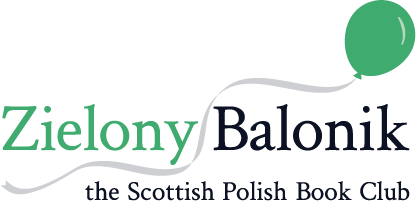The Salt of the Earth (2016)


At the beginning of the twentieth century the villagers of the Carpathian mountains lead a simple life, much as they have always done. The modern world has yet to reach the inhabitants of this remote region of the Habsburg Empire. Among them is Piotr, a bandy-legged peasant, who wants nothing more from life than an official railway cap, a cottage, and a bride with a dowry.
But then the First World War reaches the mountains and Piotr is drafted into the army. All the weight of imperial authority is used to mould him into an unthinking fighting machine, forced to fight a war he does not understand, for interests other than his own.
The Salt of the Earth is a classic war novel and a powerfully pacifist tale about the consequences of war for ordinary men. You can read a synopsis here.
Józef Wittlin, born in 1896, was a major Polish poet, novelist, essayist and translator. He studied in Vienna, where he met Joseph Roth and Rainer Maria Rilke, before serving in the Austro-Hungarian army in the First World War. His subsequent experiences inspired him to write The Salt of the Earth, which was first published in 1935 to great success: it was awarded the Polish Natural Academy Prize, won Wittlin a nomination for the Nobel Prize, and has since been translated into 14 languages. Józef Wittlin also translated Homer’s Odyssey into Polish, published several collections of poetry, many of which were strongly pacifist, and penned numerous essays including ‘My Lwów’, which is included in City of Lions, also published by Pushkin Press (and which we read in 2016). With the outbreak of the Second World War he fled to France and then to New York, where he died in 1976.


